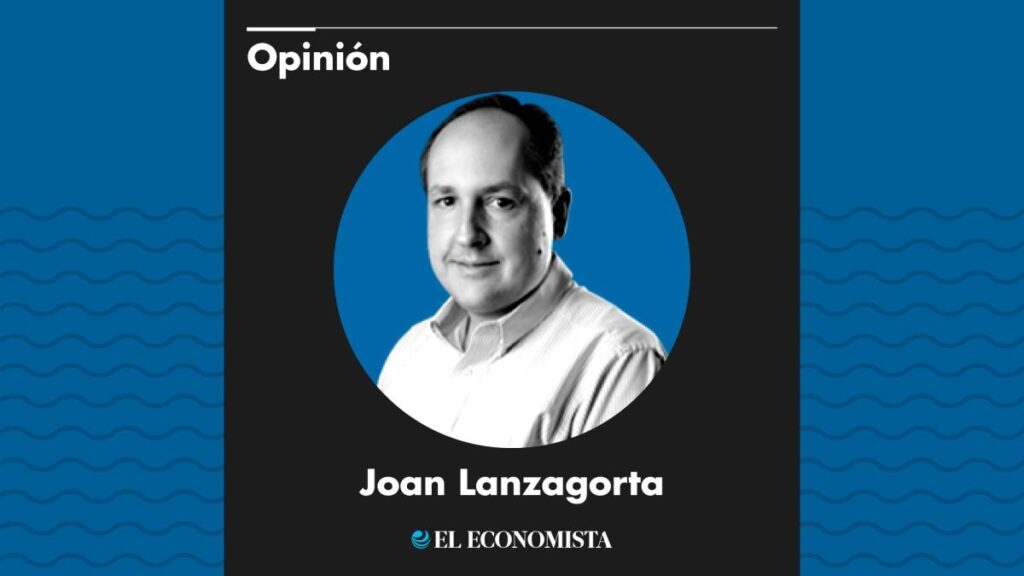The Purpose of Insurance
Life is full of unpredictable events that could potentially destroy everything we have. A fire or natural disaster can wipe out our homes and businesses in an instant. An accident could leave our families without their primary source of income overnight. A severe, prolonged, or chronic illness can decimate family wealth.
Insurance exists precisely for these situations. It’s the only tool designed to protect us from events that may not happen but, if they do, can have devastating consequences for our lives or those of our loved ones. In a moment, it can wipe out everything we own.
Why People Don’t Use Insurance
Many people choose not to insure themselves, largely due to a lack of insurance culture. While it’s true that many people in Mexico live day-to-day and may not have the financial capacity to purchase insurance, others who do have the means (middle and upper classes) either don’t get the insurance they need or choose inadequate policies.
Insurance isn’t for covering minor losses. It’s unfortunate to see people with insurance that offers a mere “USD 100 per day” for hospitalization but lack comprehensive medical expense coverage. If they develop a costly condition requiring surgeries, chemotherapy, and ongoing treatments, those “USD 100 per day” will offer little help.
Additionally, some individuals opt for lower deductibles, sacrificing comprehensive coverage. A medical expense insurance policy with a limit of 40 million pesos and a deductible of 80,000 pesos is preferable to one with a limit of 5 million pesos and a deductible of 20,000 pesos.
The deductible is an amount you can save for your emergency fund. It should be considered when setting aside funds for unexpected events. If you face a severe illness or long, expensive treatment requiring intensive care for several days, a seemingly “small” insured amount can deplete quickly. What then?
Misconceptions About Insurance
Insurance isn’t for saving or investing. While they can serve these purposes, insurance is an inefficient way to do so.
“Guaranteed savings” insurance policies typically yield close to zero real returns (sometimes even negative). Although marketed as “super” products with guaranteed retirement returns three times the contributions, the reality is that your actual gain, above inflation, is negligible.
Seguros with “investment” features, which lack a guaranteed sum, are also sold as attractive options. However, these come with hidden costs due to the different regulations governing insurance products. The actuarial calculation of premiums, including all costs and expenses, reserve constitution, and expected profitability, is detailed in a technical note submitted to the CNSF. This note remains confidential as it contains proprietary, internal information of the insurance company.
When Insurance Isn’t Ideal
Insurance is most effective and efficient for covering risks with potentially severe, financially devastating consequences. For other purposes, better alternatives usually exist.
Key Questions and Answers
- What is insurance for? Insurance is designed to protect against significant, potentially financially devastating risks.
- What shouldn’t insurance be used for? Insurance isn’t an efficient tool for saving or investing.
- Why do people avoid insurance? Many lack insurance culture, live day-to-day without financial capacity for insurance, or choose inadequate policies despite having the means.
- What are common insurance misconceptions? “Guaranteed savings” policies yield minimal real returns, and investment-featured securities have hidden costs due to regulatory differences.
- When is insurance not ideal? Insurance is most effective for covering severe risks with potentially devastating financial consequences. For other purposes, better alternatives usually exist.






